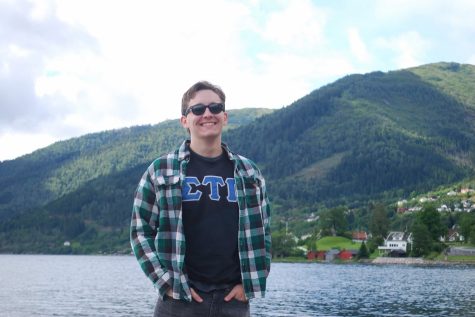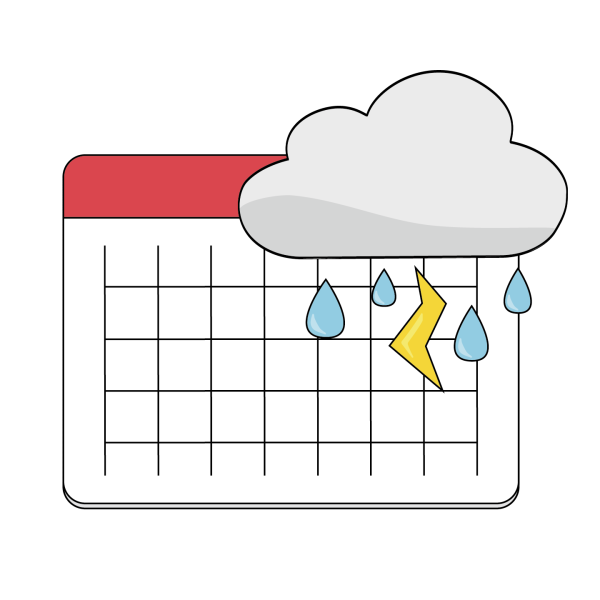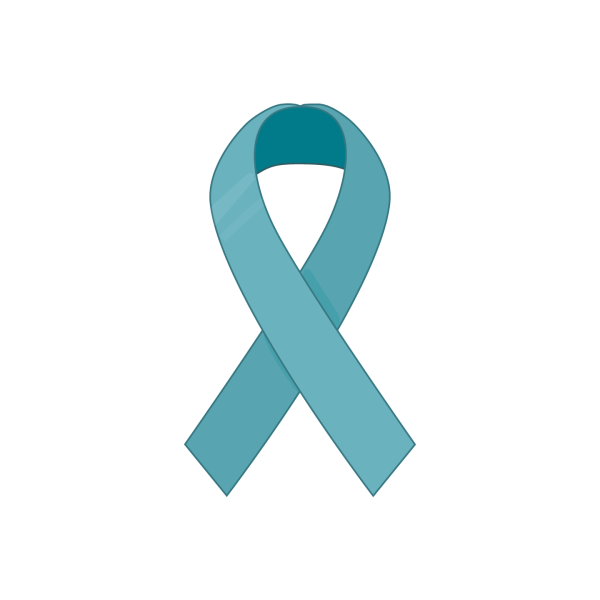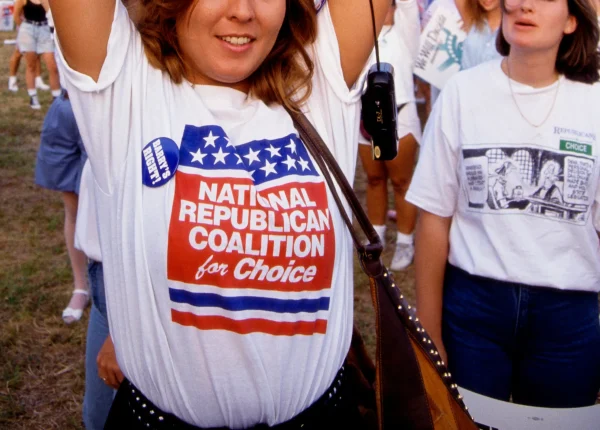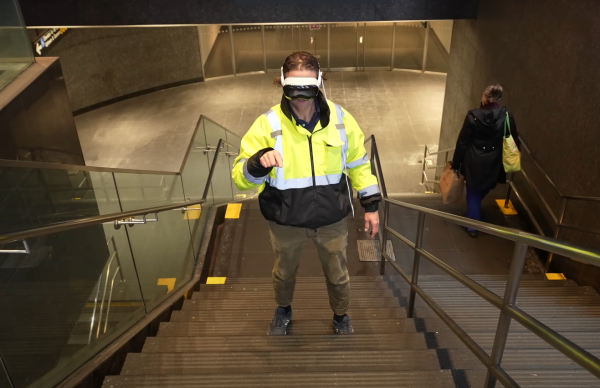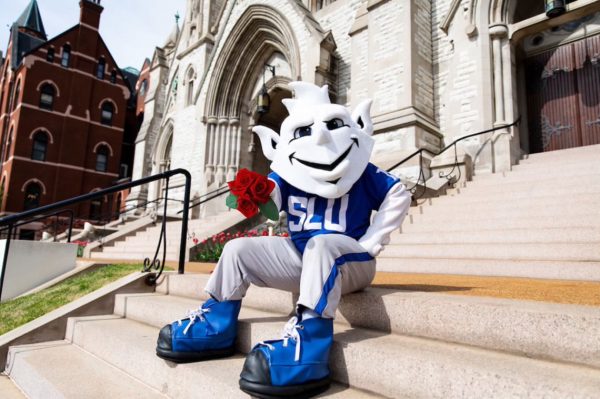The News and Me
Reflections of a Zoomer information junkie
Growing up in the suburbs of Chicago, I was constantly bombarded with news and information about the happenings of the city. My dad habitually turned on the local news every night after he got home from work, and I would cuddle up next to him and watch the program.
The content of the local news stations in Chicago typically revolves around violent crime occurring on the city’s west and south sides. Gang violence, which is still a problem in many American cities, regularly made the “Top Story” spot. As a child, I remember hearing the anchors almost happily tell viewers about a homicide in Englewood, or a drive-by shooting death in Austin. These stories terrified me. They negatively influenced the way I saw the world and the way I saw other people.
I remember sometimes walking down my quiet suburban street as a child and pausing behind trees when cars passed by, thinking that I was truly in danger of being randomly shot and killed. In another instance, I remember having a bout of insomnia while my family and I spent the night downtown for a night out. I worried that someone would break into our hotel room and hurt us while we slept. My distrust of the people and places around me lent itself to creating biases that I still struggle to overcome today.
When I first moved to St. Louis, I remember feeling a little bit anxious about living in a city, let alone the “murder capital” of the United States. University administrators did their best to assuage these fears with presentations about how to travel in the city, as well as the best practices to utilize to get home after dark. While DPS officers never outwardly told us which areas to avoid, it was not long before I began hearing warnings from my fellow students about particular parts of the city, and how the Fox Theater was the farthest north on Grand I should go.
I am ashamed to say that I didn’t really question this advice. I largely remained within the purported safety of the so-called “SLU bubble” and went about my business as a college student. When I did leave campus, it was usually to go to a bar in Soulard or a swanky coffee shop in Central West End. I didn’t really allow myself to get wrapped up in the politics and culture of St. Louis. I didn’t allow myself to reflect on why some neighborhoods were deemed “good” while others were deemed “bad.”
It’s hard to overstate how integral the media is in perpetuating this sort of bias. We live in an age where practicing good journalism isn’t as important as generating clicks or getting good TV ratings. Networks like ABC7 have mastered the craft of engineering spectacles, and in so doing villainized entire communities. Violent crime in majority-minority neighborhoods is never viewed through the lens of centuries of racial oppression, including white flight and blockbusting. Instead, local news stations covering shootings or violence in these neighborhoods usually barely cover the “who, what, where, when” and “how” of these tragedies, let alone the “why.” Context is delivered to viewers at a premium, since every second covering a news story is a second that could be used to broadcast a commercial.
It is in this way that the media tells a single story about entire communities. The experiences of the many residents of places like Ferguson or Englewood are painted over using stories of violence, murder and mayhem. In many respects, these stories create self-fulfilling prophecies: businesses, scared of potential violence or robbery, avoid building new establishments in these neighborhoods. If built, these businesses could have the potential to uplift economically poor areas. Instead, residents are left to commute far distances to work, spending much of the income they receive on gas.
While I’ve always considered myself an ally of the Black Lives Matter movement during my time at SLU, it’s taken me some time to really grasp how I’ve been influenced by the implicit and sometimes explicit teachings of the media and literature I’ve been digesting since I was young. During the Jason Stockley protests, campus essentially shut down while protestors made their way down Grand and through parts of campus. I watched as throngs of people marched in memory of Anthony Lamar Smith. I knew perfectly well that I empathized and agreed with the sentiments of the protestors, but I couldn’t help but feel anxious about the events unfolding before me. I remembered the unrest in Ferguson in 2014 from the graphic images that were disseminated during that time. From videos of buildings on fire to pictures of police officers marching down the street, a single story regarding the death of Michael Brown and the subsequent unrest that followed was relayed to the general public. Instead of focusing on the injustice of Michael Brown’s murder, the media chose instead to focus on the raw emotion that his death created within the community he lived. As a result, millions of Americans began associating the Black Lives Matter movement with rioting, looting and violence.
I won’t say that I’ve been able to see through every bit of new information that I consume since coming to the realization that the modern press doesn’t always have the best intentions in mind for its readers. But growing up in the internet age has taught me to question everything I consume, be it a social media post, a news segment or new information from a friend. This has its perks, but it’s also left me suspicious of the intentions of others. It’s hard to pick and choose who to trust in this whirlwind of a world when so much is happening all the time. This is why an ethical, well-intentioned mediascape is paramount to creating an atmosphere of trust in our communities, as well as our country as a whole.
As I look toward the future, it is my hope that I’ll be able to enter a career field where I am able to better existing practices to help uplift those living in underserved communities. While I obviously won’t be able to fix everything wrong with our society by myself, I think there are many reasons to be hopeful that, in the years to come, my generation will begin confronting some of the systemic problems that exist within the country. It will inevitably take time, patience and understanding, and in the meantime millions of people will continue to suffer under the system’s status quo. The media will continue to push unproductive narratives about entire groups of (mostly Black) people, all while profiting off of their suffering. With persistence, we will have the ability to right some of these wrongs through meaningful reform and by having difficult conversations. I want to be a part of that.
Your donation will support the student journalists of Saint Louis University. Your contribution will help us cover our annual website hosting costs.
